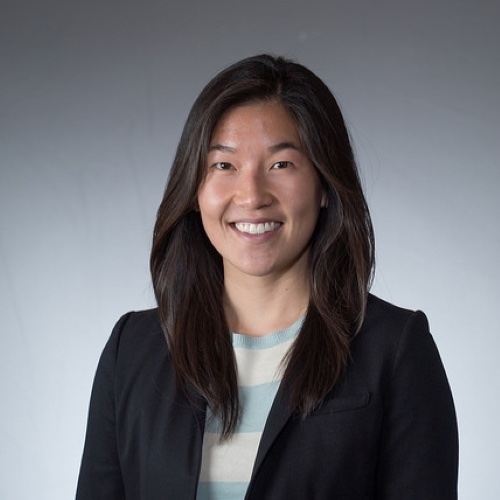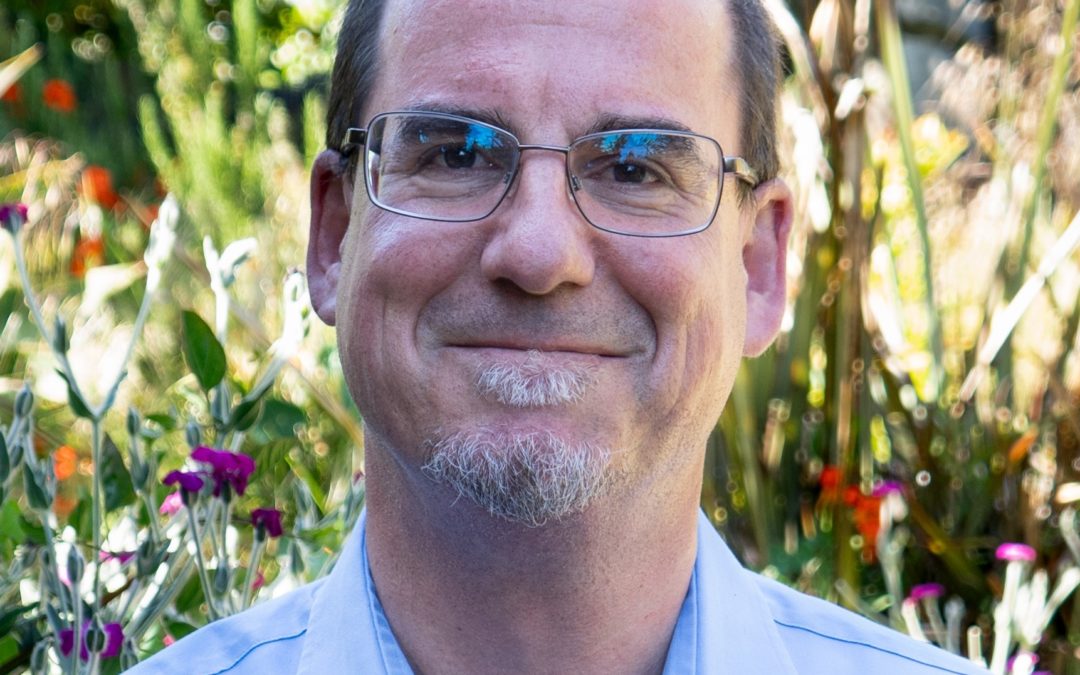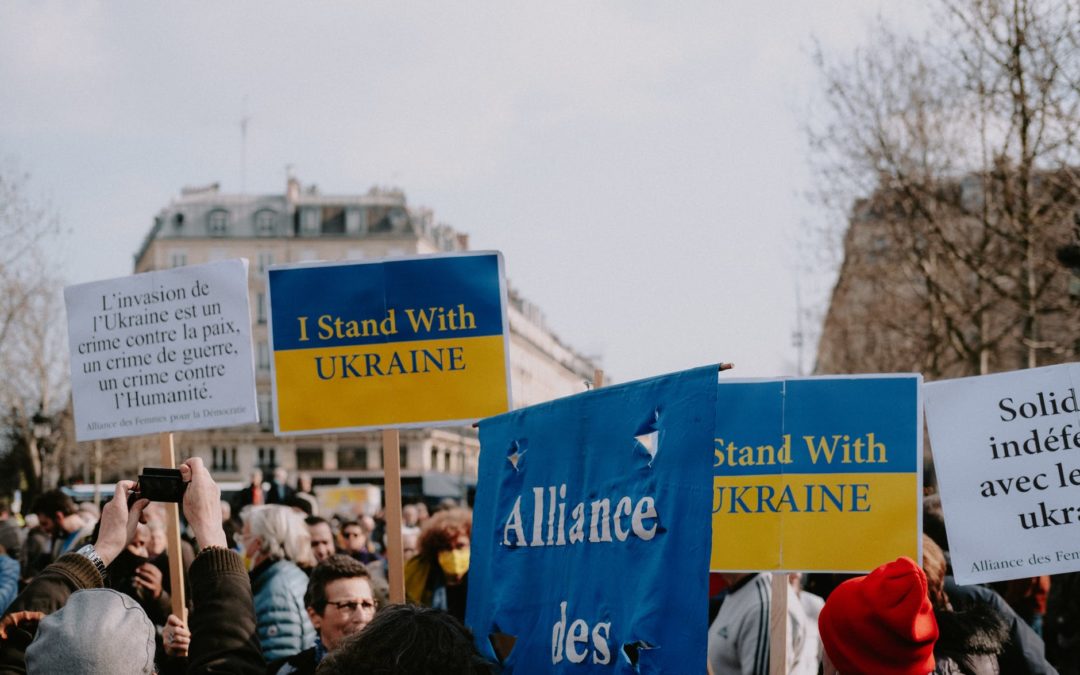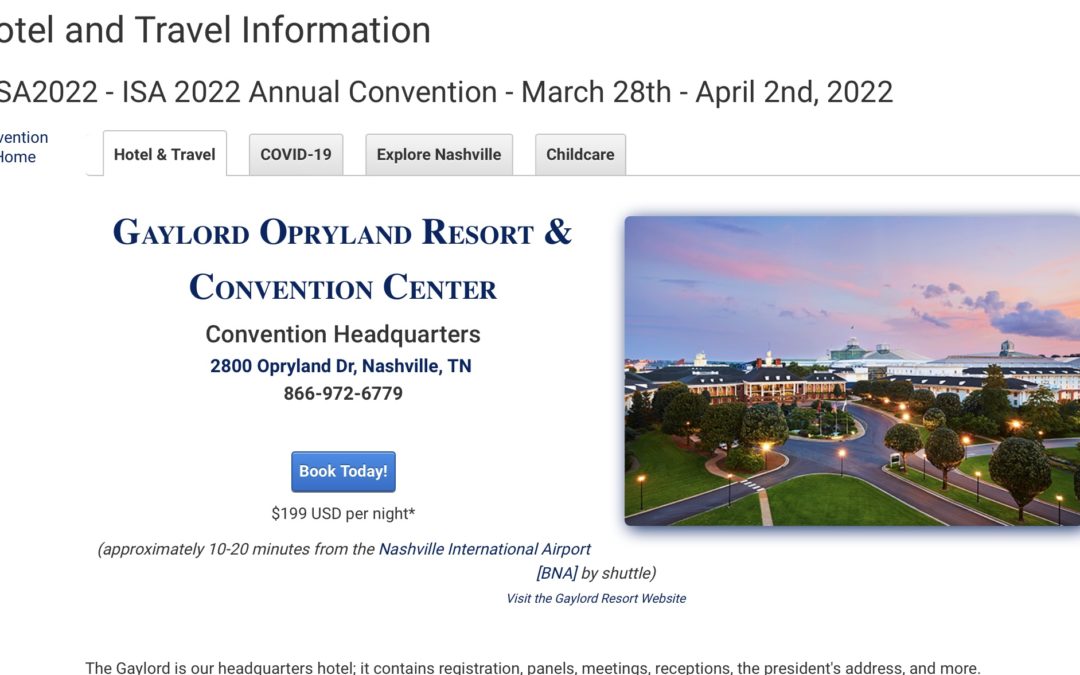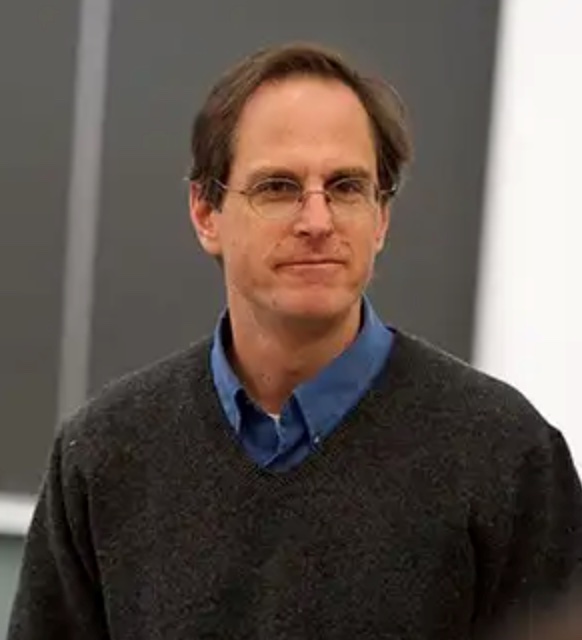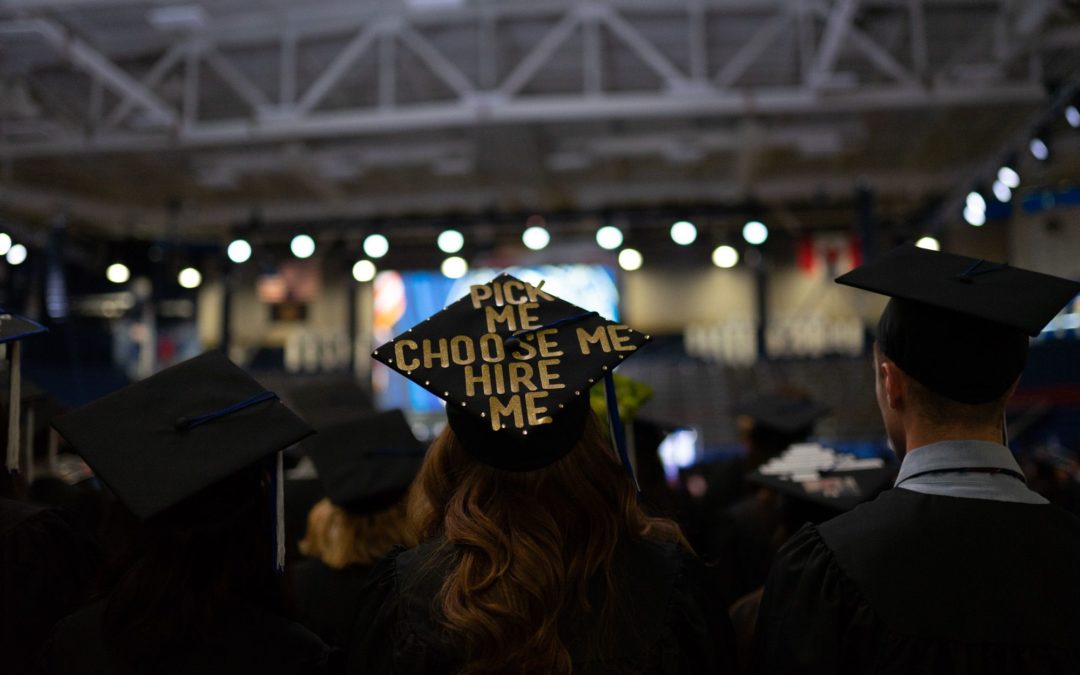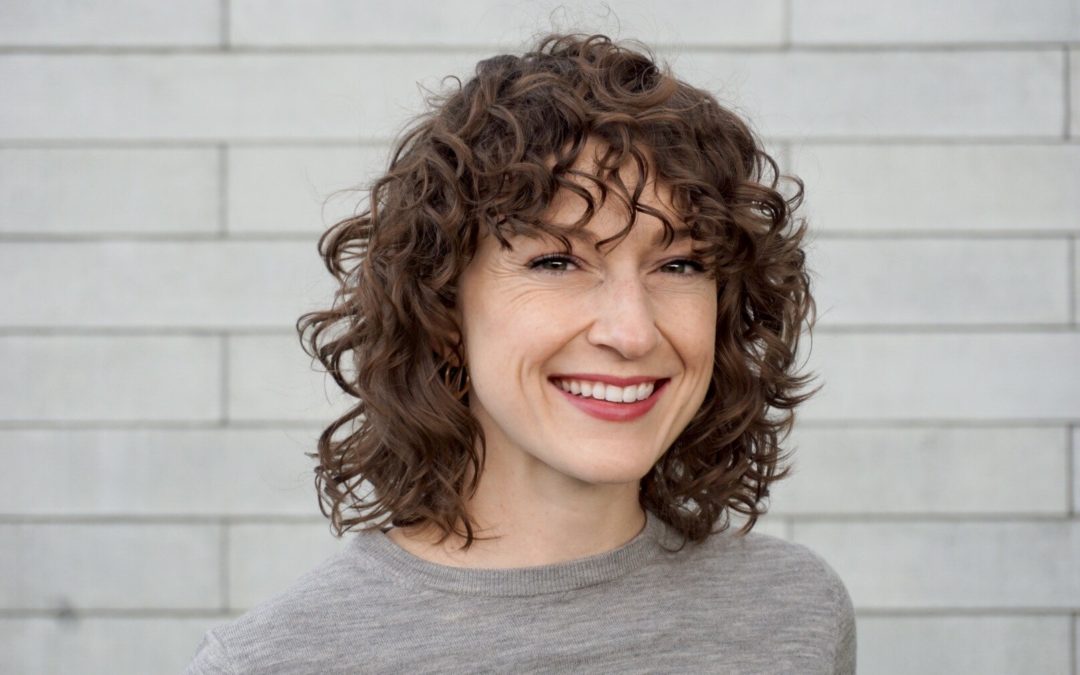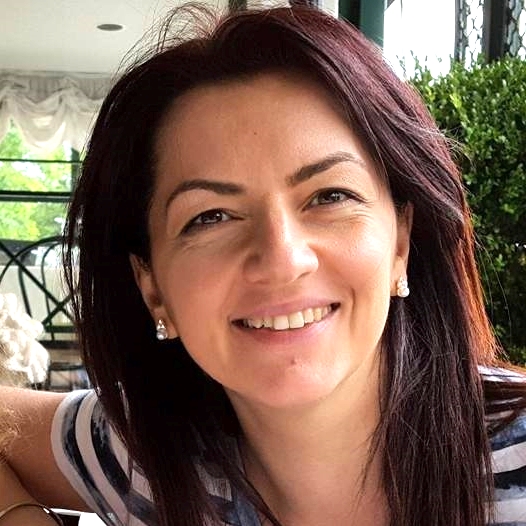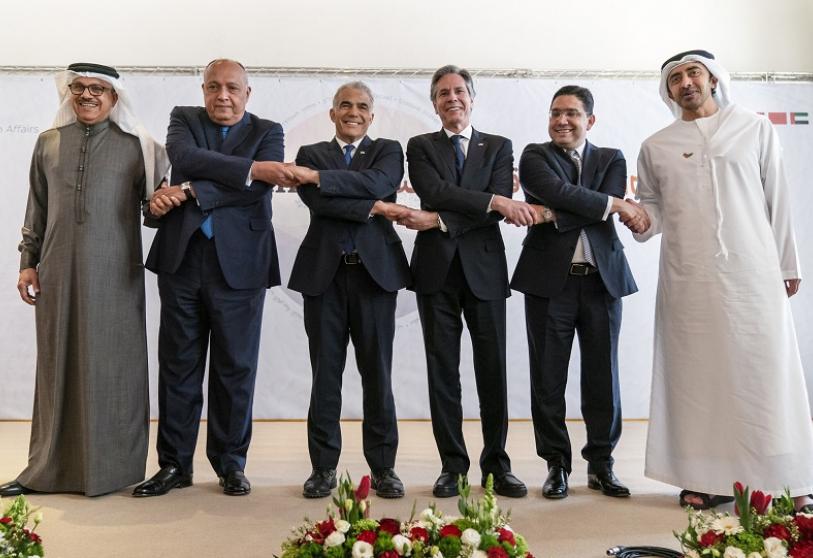Sooyeon Kang is a Post-Doctoral Research Fellow at the Mershon Center for International Security Studies (The Ohio State University) and a non-resident Fellow at the Carr Center for Human Rights (Harvard Kennedy School). She received her doctorate from the Josef Korbel School of International Studies (University of Denver) and was a 2020-2021 Peace Scholar Fellow at the United States Institute of Peace as well as a 2020-2021 Doctoral Research...
